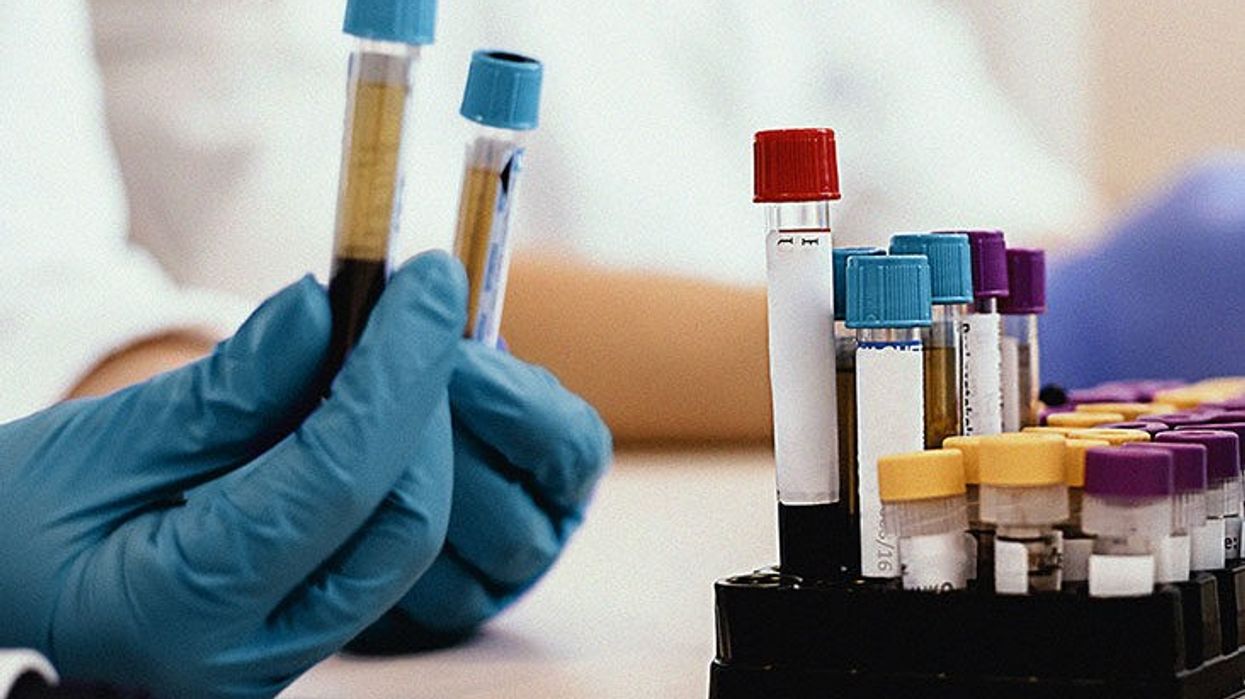Platelets, also known as thrombocytes, are the smallest of our blood cells, they circulate in our blood and come to the rescue whenever there is any kind of blood vessel damage. They are the reasons why our bleeding stops.
Whenever there is any kind of hurt or bleeding, platelets bind together and clot the blood. A normal platelet count ranges between 150,000 to 450,000/microlitre of blood. A single drop of blood means losing tens of thousands of platelets from your body.
How can you know your platelet count?
It is important to know the platelet count because it keeps you in a safer place to know that nothing is wrong with your body. Sometimes too much bleeding or no bleeding at all can be a sign of blood platelets’ fault. So, it is very important to know the count and be a step ahead. All you need is a test in a lab to know your count.
There will be a healthcare expert in the lab or hospital, who will draw a sample of blood from you with a small needle. The tube filled with your blood will help run the test and let you know your blood count. This is known as the CBC – Complete Blood Count.
Generally, a count between 150,000 to 450,000 per microlitre of blood is considered to be normal for a human body, which means it is natural and how it should be. But below 150,000 means a low platelet count and above 450,000 means a high platelet count.
What does having a high platelet count mean?
Having more than 450,000 platelets in one microlitre of blood indicates that your body has a high platelet count. This condition is medically known as thrombocytosis. It is a blood and bone marrow disease.
Symptoms of thrombocytosis –
- Dizziness
- Chest pain
- Bloody stool
- headaches
- Numbness
- Bleeding
Excessive, continuous, and unstoppable bleeding can sometimes be a sign of high platelet count. There are two types of thrombocytosis – essential and reactive.
- Essential thrombocytosis is there in a person by birth, through genes, and is not caused by any external force. People of JAK2, CALR, MPL, THPO and TET2 genes are most likely to have thrombocytosis. Essential thrombocytosis means chronic myeloproliferative disorder. Usually, the bone marrow makes one or two blood platelets, but here a marrow makes numerous platelets, causing this type of disease.
- Reactive thrombocytosis is a lot more common in people than essential thrombocytosis. In this type of thrombocytosis, the absence of chronic myeloproliferative disease causes infection, haemorrhage, inflation. Reactive thrombocytosis if not treated over time, can lead to cancer, acute blood loss, and arthritis.
Treatments for thrombocytosis –
- Taking aspirin can sometimes prevent your blood from clotting.
- Medicines such as hydroxyurea or anagrelide can help your body to prevent and suppress bone marrow to produce platelets.
- Often Plateletpheresis is performed to lower the blood count immediately. In this procedure, a special instrument is used to draw blood out from the patient’s body, separate blood from its innumerable platelets, and then again inject the blood into his/her body.
What does having a normal blood platelet count mean?
Having a platelet count between 150,000 to 450,000 per microlitre of blood is considered to be the normal range in the human body. This is the natural count as one should have in their blood. A person with this range seems to work and live functionally.
Although, it is completely normal if the range of platelet count varies from one person to another, depending on their age, sex, health issues.
What does having a low blood platelet count mean?
Having less than 150,000 platelet counts is considered to be alarming in the human body. It means the bone marrow is not making enough platelets for the body. This serious condition is known as thrombocytopenia.
Symptoms of thrombocytopenia –
- Excessive bruising
- Red dots and rash-like on the skin, usually on the lower end of legs
- Bleeding gums and nose
- Excessive menstrual flow
- Fatigue
- Inflamed spleen
Thrombocytopenia is not inherited or passed down by genes. It is a medical condition caused by several factors that lead to reduced platelet count. This condition either traps the platelets in your spleen- causing an enlarged spleen or destroys platelets.
Treatments for thrombocytopenia –
- Blood transfusion– here platelets are transfused into the person’s body who has a very low count. Since platelets remain only for 8-10 days before bone marrow makes new, platelets transfusion is not a permanent or long-term solution for thrombocytopenia.
- Splenectomy– since thrombocytopenia can trap your body’s platelets in the spleen and make it inflamed, sometimes removal of the spleen can help a person suffering from thrombocytopenia.
- Steroids – taking prescribed steroids like prednisone and immunoglobulins can reduce the destruction of platelets in your body and give you a better chance of producing platelets on your own.




